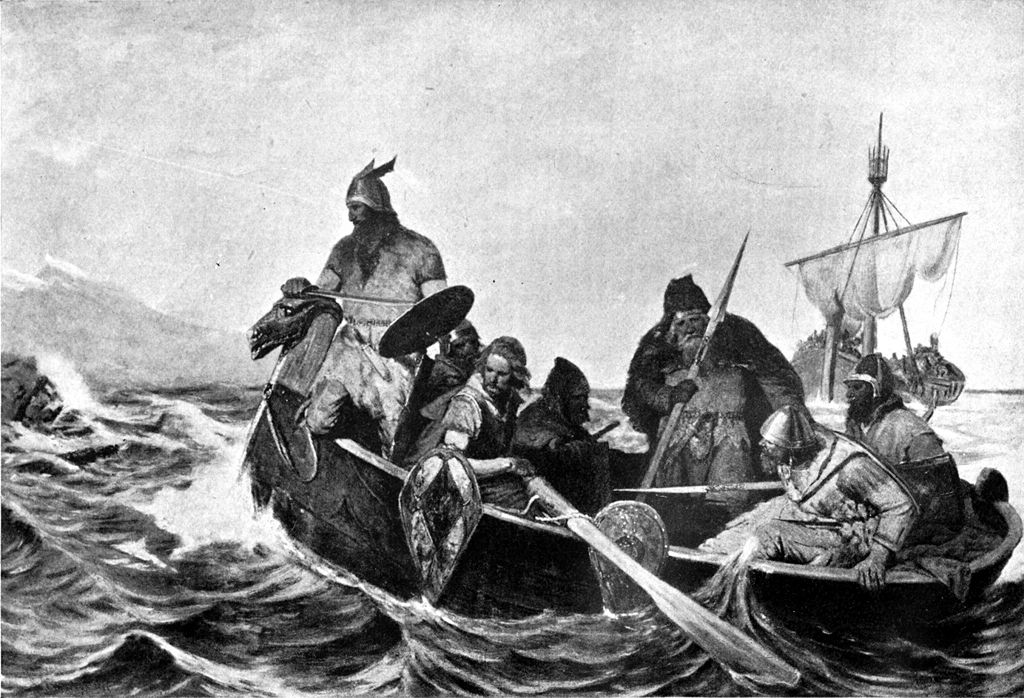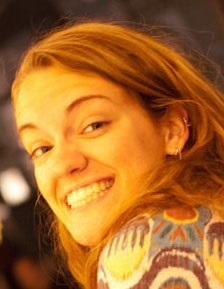Beer and Beef: Why the Vikings' Elaborate Feasts Died Out

Vikings have a reputation for their ruthless marauding ways, but new evidence from an ongoing archaeological dig shows that the Vikings who settled in Iceland spent more time brewing beer and basting beef than pillaging and plundering. These meals of beef and booze were served during elaborate feasts that were likely held as a strategy to gain some political footing in their new home, research suggests.
The Icelandic Vikings probably wanted the same "tough guy" status they had in their homeland of Scandinavia, where tribe leaders often held elaborate feasts in huge halls, according to Davide Zori, the archaeological field director for the Mosfell Archaeological Project, in Iceland. The showy feasts of beef and beer were likely held to demonstrate power and political status, and helped the Vikings lock in good relationships with their neighbors.
Zori and his team are excavating a farmstead called Hrísbrúin Mosfell Valley, in southwestern Iceland. The site includes a Viking chief's 100-foot-long (30 meters) house that also features a great hall that probably hosted some of these extravagant Viking feasts. [Fierce Fighters: 7 Secrets of Viking Seamen]
Carbon dating showed the house was built between the late 9th century and early 10th century, and was abandoned by the 11th century. The researchers are combining archaeological evidence from the dig site with ancient Viking historical texts to study the group's culture.
"These texts read almost like novels," Zori said in a statement. "They talk about daily life. Yes, the Vikings may have put axes to one another's heads, but these accounts also describe milking cows."
Not long after the Viking group settled in Iceland, temperatures dropped, and the North Atlantic experienced a small ice age. This cold snap meant nine months of winter and only three months that were only a little warmer than winter, according to Zori.
Cattle, the source of the Vikings' elaborate feasts, had to be kept indoors to protect them from the frigid temperatures. Since the cattle were housed inside, they couldn't graze and feed themselves. The Vikings had to ensure food for both the cattle and people would last through the intense winters, and eventually keeping enough cows for elaborate feasts became impractical.
Get the world’s most fascinating discoveries delivered straight to your inbox.
Beer also suffered from the cold climate, as Vikings could no longer produce enough grain to support brewing during the shortened growing season. After beer production dropped off in Viking households, chieftains vanished from the Viking sagas that Zori has been studying.
"You wonder what came first for the chieftains at Hrísbrú," Zori said. "Were they no longer powerful and didn’t need barley and beef? Or could they just not keep it up and so they lost power? I favor the second explanation."
Archaeological records tell only part of the story, Zori said. The Viking texts provide more context and seem to support the idea that the Vikings did not voluntarily give up their beef and booze, and the political clout that the products brought, until the weather forced them to.
"Maybe we don't need the Vikings to prove this, but it shows you that politics can become more important than creating a productive society," Zori said.
Eventually, the Vikings had to give up raising cattle and growing grains in favor of sheep herding. Zori and the team hope the dig will yield more insights into the politics and everyday life of the Icelandic Vikings.
Follow Kelly Dickerson on Twitter. Follow us @livescience, Facebook & Google+. Original article on Live Science.



